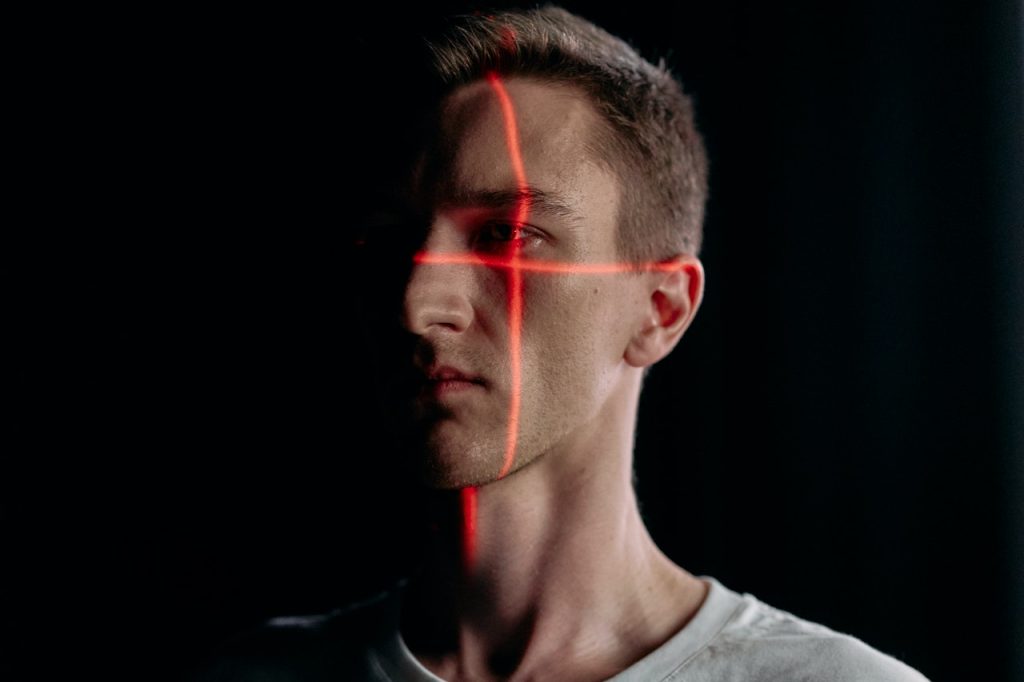Surveys Reveals Mistrust over Facial Recognition Tech in Healthcare

Most people have deep reservations about the use of facial recognition technologies in healthcare settings, a survey has found.
Facial recognition technologies – often used to unlock a phone or in airport security – is becoming increasingly common in everyday life, but how do people feel about this?
To answer this, researchers surveyed more than 4000 US adults and found that a significant proportion of respondents considered the use of facial image data in healthcare across eight varying scenarios as unacceptable (15–25%). Taken with those that responded as unsure of whether the uses were acceptable, roughly 30–50% of respondents indicated some degree of concern for uses of facial recognition technologies in healthcare scenarios. In some cases, using facial image data – such as to avoid medical errors, for diagnosis and screening, or for security – was acceptable to the majority. However over half of respondents did not accept or were uncertain about healthcare providers using this data to monitor patients’ emotions or symptoms, or for health research.
In the biomedical research setting, most respondents were equally concerned over use of medical records, DNA data and facial image data in a study.
While there was a wide range of demographics among respondents, their perspectives on these issues did not differ.
“Our results show that a large segment of the public perceives a potential privacy threat when it comes to using facial image data in healthcare,” said lead author Sara Katsanis, Research Assistant Professor of Pediatrics at Northwestern University Feinberg School of Medicine. “To ensure public trust, we need to consider greater protections for personal information in healthcare settings, whether it relates to medical records, DNA data, or facial images. As facial recognition technologies become more common, we need to be prepared to explain how patient and participant data will be kept confidential and secure.”
Senior author Jennifer K Wagner, Assistant Professor in Penn State’s School of Engineering Design, Technology, and Professional Programs adds: “Our study offers an important opportunity for those pursuing possible use of facial analytics in healthcare settings and biomedical research to think about human-centeredness in a more meaningful way. The research that we are doing hopefully will help decision-makers find ways to facilitate biomedical innovation in a thoughtful, responsible way that does not undermine public trust.”
The research team hopes to conduct further research to understand the nuances where public trust is lacking. The findings were published in PLOS One.
Source: Ann & Robert H. Lurie Children’s Hospital of Chicago

